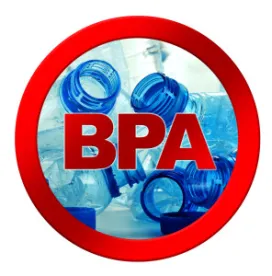The Washington State Department of Ecology (Ecology) has requested input from interested parties on products that can replace per- and polyfluoroalkyl substances (PFAS) in food packaging, particularly those that provide oil and grease resistance. The information is being gathered as part of an alternatives assessment (AA) required by Washington’s Toxics in Packaging Law (RCW 70.95G). This law bans the use of PFAS in paper food packaging effective January 2022, but only if safer alternatives are identified prior to that date. PFAS is broadly defined in the Washington state law to include any fluorinated organic chemical containing at least one fully fluorinated carbon atom. Food packaging, on the other hand, is narrowly defined to only include a package or packaging component that is (1) intended for direct food contact and (2) comprised, in substantial part, of paper, paperboard, or other materials originally derived from plant fibers. (For more information on the AA, see the PackagingLaw.com article, Washington State Begins PFAS Alternatives Assessment.)
Ecology selected SRC, Inc. to assist with the AA. SRC and Ecology are especially interested in information on:
- Hazard and exposure considerations of chemical treatments or coatings;
- Market availability of PFAS-free alternatives in all types of food packaging;
- Costs and other factors affecting substitution of PFAS-free alternatives for PFAS products; and
- Performance assessment.
For those interested in providing input to the PFAS Chemical Action Plan (CAP), the first step is to complete a survey on your interest and expertise. The survey—along with background information on the scope, deliverables, and timing of the AA—can be viewed on the PFAS CAP website. Responses are due by February 22, 2019.
Ecology will make final decision as to whether safer alternatives to PFAS food packaging are available. However, Ecology must submit its findings to an external peer review and publish its findings, along with the feedback from the peer review, in the Washington State Register. The ban on PFAS-based packaging will take effect two years after a safer alternative is identified.



 />i
/>i

